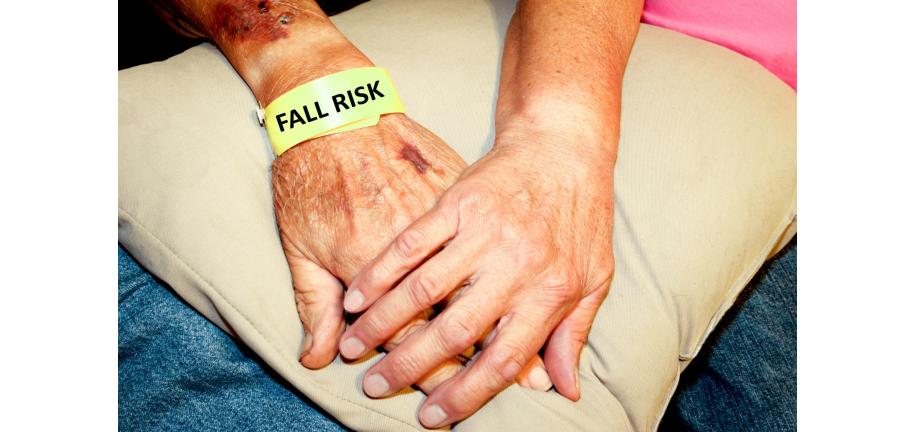Preventing Falls
A significant number of people aged 60 & over, are concerned about having a fall which may result in hospital admission, lengthy rehabilitation impacting quality of life, and in some circumstances more devastating consequences.
According to the NHS, around 1 in 3 adults over 65 who live at home will have at least one fall a year, and about half of these will have more frequent falls. After a first fall, people have a 66% chance of having another fall within a year
The fear of falling and not having friends or family members nearby can substantially impact on confidence. This can lead to people being reluctant to continue as they normally would and enjoying their day-to-day life.
Many of our users have long-term conditions such as Dementia, Diabetes and Heart Conditions, all of which can affect balance, impair vision and ultimately may cause a fall.
Preventative measures are always recommended, and the Royal Society for the Prevention of Accidents (RoSPA) has some great tips below for avoiding and dealing with a fall:
Avoiding a fall:
Stay physically active
Avoid leaving items on the stairs - they can become a tripping hazard
Ensure stairs are carefully maintained - damaged or worn carpet should be repaired or removed
Try to avoid repetitive carpet patterns that may produce a false perception for those with poor eyesight
Landings, stairs and hallways should be well lit with two-way light switches
Make sure banisters are sturdy. The fitting of two easy-grip handrails gives more stability
Have your eyes and hearing tested regularly
Stand up slowly
Getting enough sleep will help
Know the side effects of your medicine
Use an assistive device if you need help feelng steady when you walk
Getting back up after a fall:
Don't panic - you will probably feel a little shocked and shaken but try and stay calm
If unhurt, look for something to hold onto and something soft to put under the knees
Hold onto a firm object for support and put a soft object under the knees; place one foot flat on the floor, with the knee bent in front of the body
Lean forward putting weight on hands and foot until it is possible to place other foot beside the one on the floor
Sit down and rest for a short time.
What to do if you can't get up after a fall:
Try to get comfortable until help arrives
Keep warm, starting with feet and legs
It is uncomfortable to keep still for any length of time and this may lead to pressure problems. Moving position every half hour and moving feet helps the circulation and improves comfort.
Ultimately, if you have a Mi-Guardian Falls Detector the simple watch-like wrist band has an automatic falls detector sensor which can also be activated manually. An immediate alers is sent to the Mi-Guardian 24/7 monitoring call centre for assistance. They will either then alert a family member, friend, carer or emergency services.
If you are worried about having a fall, give yourself complete peace-of-mind with a Mi-Guardian Falls Detector so help will be immediately on hand.




